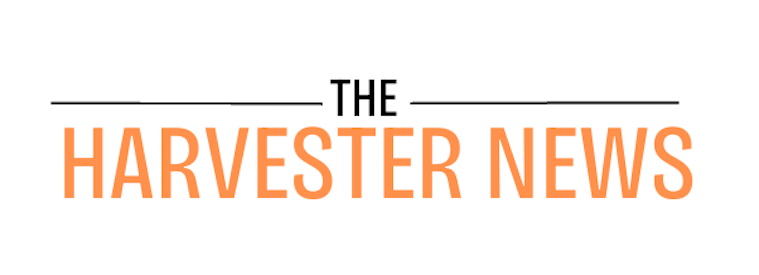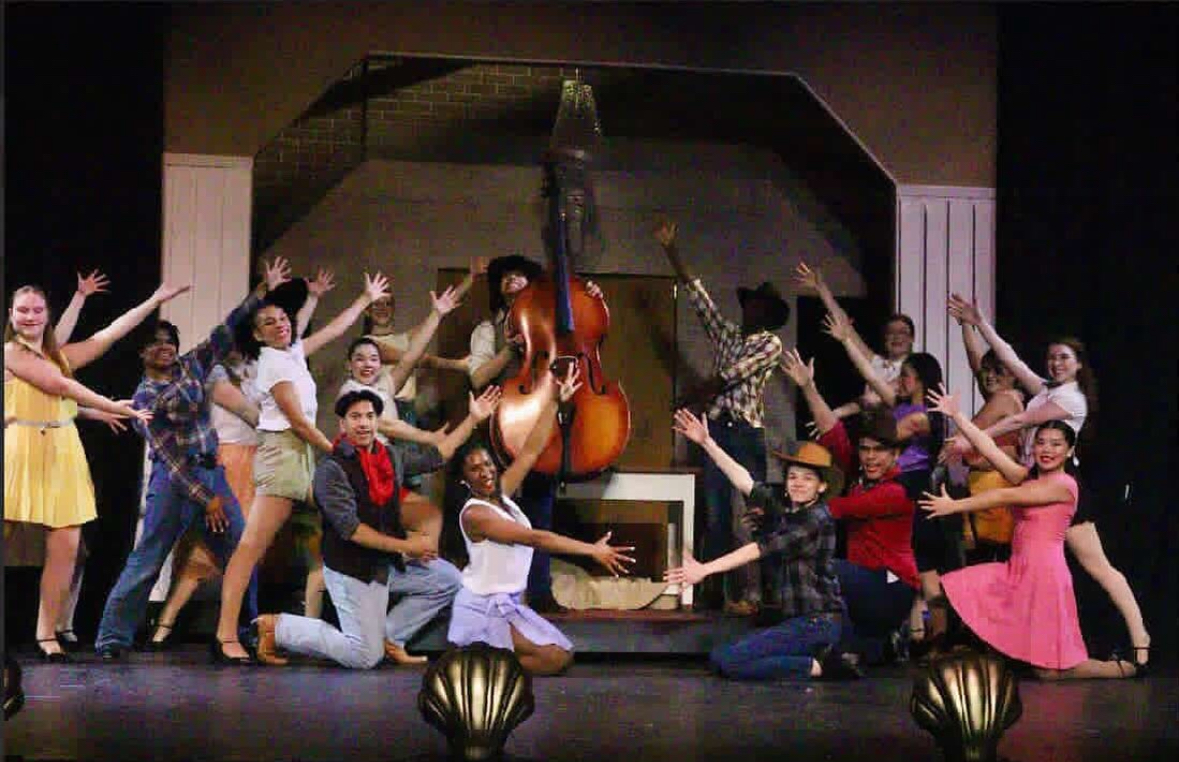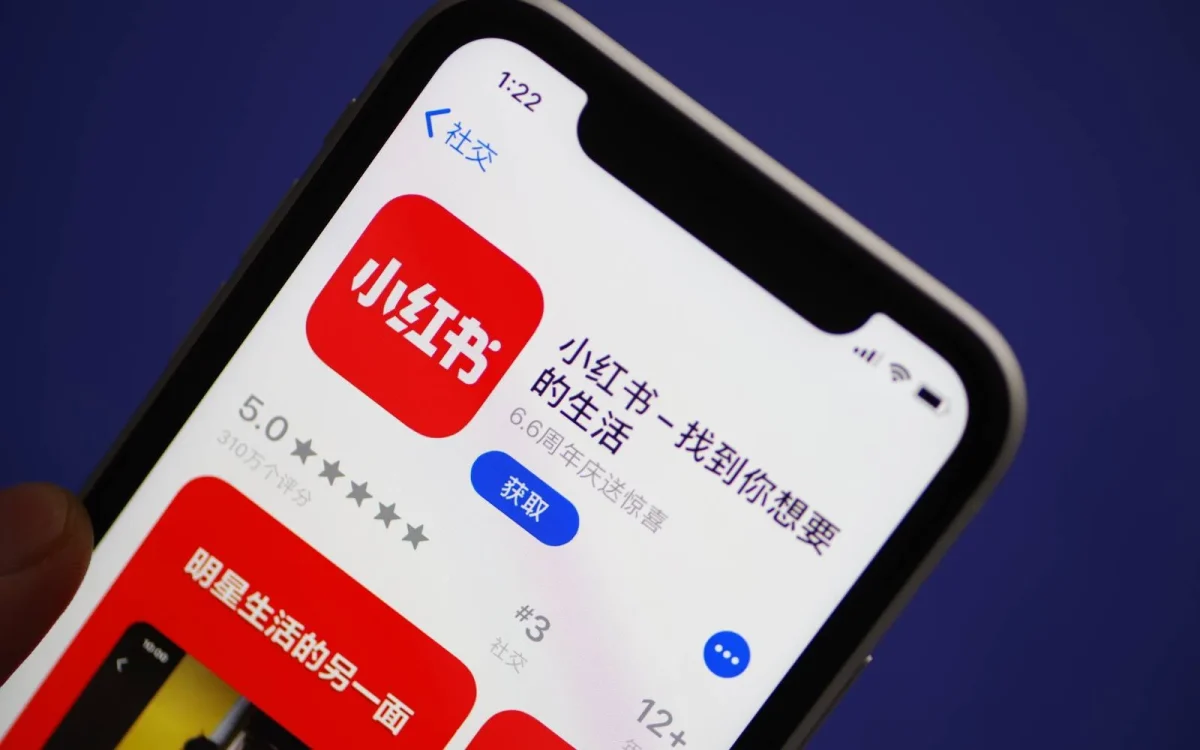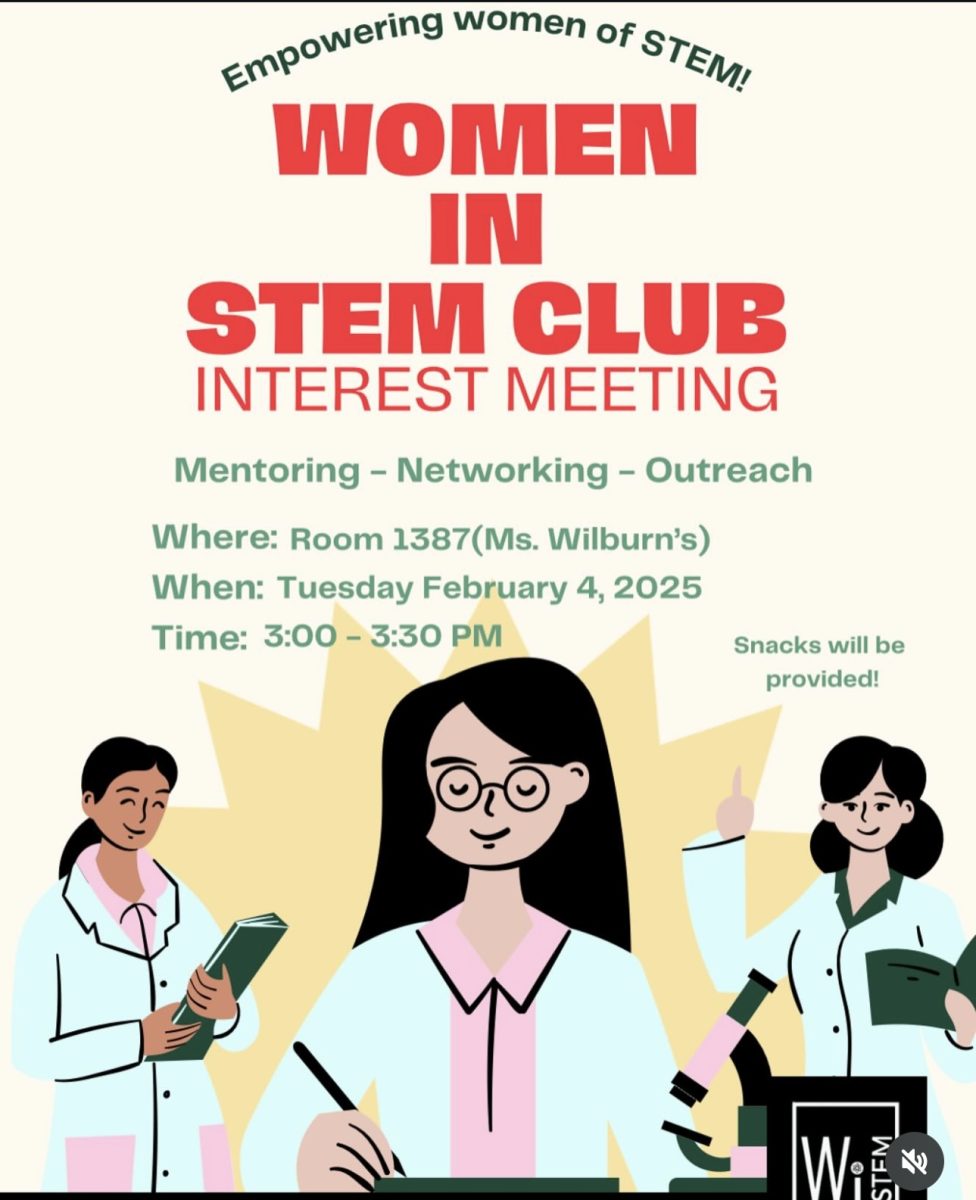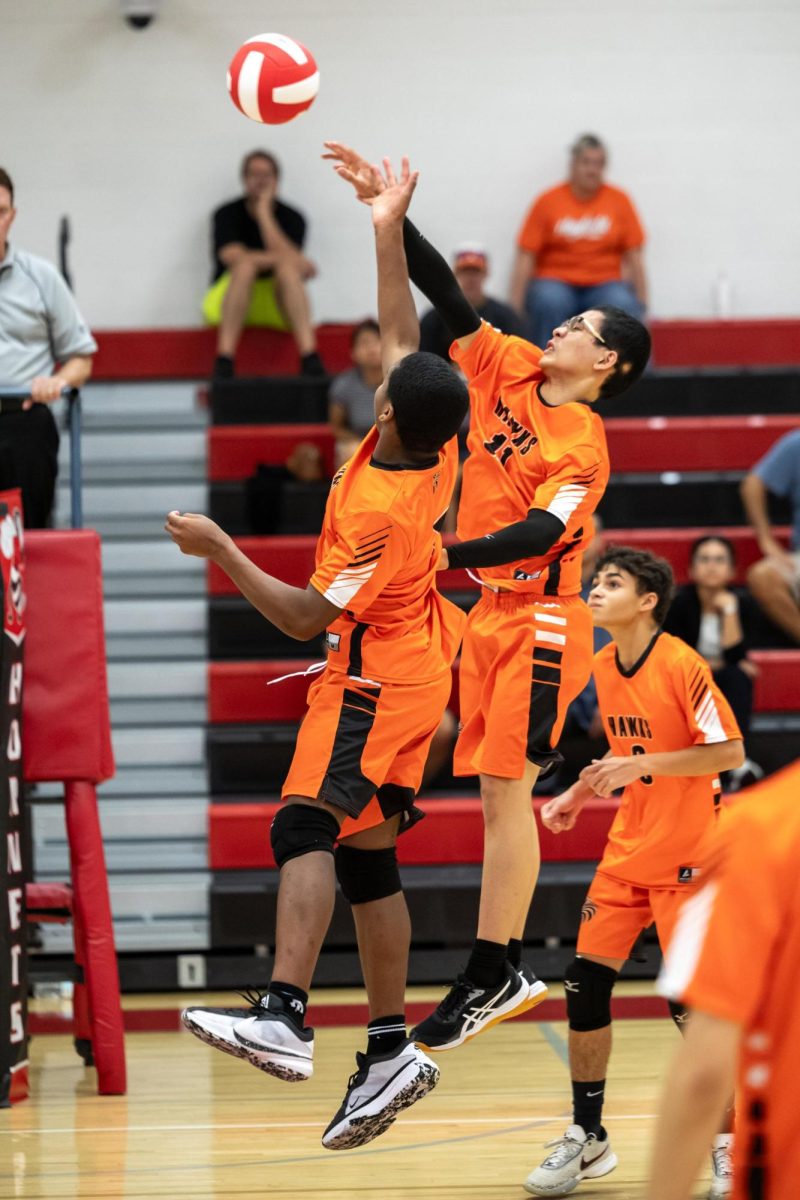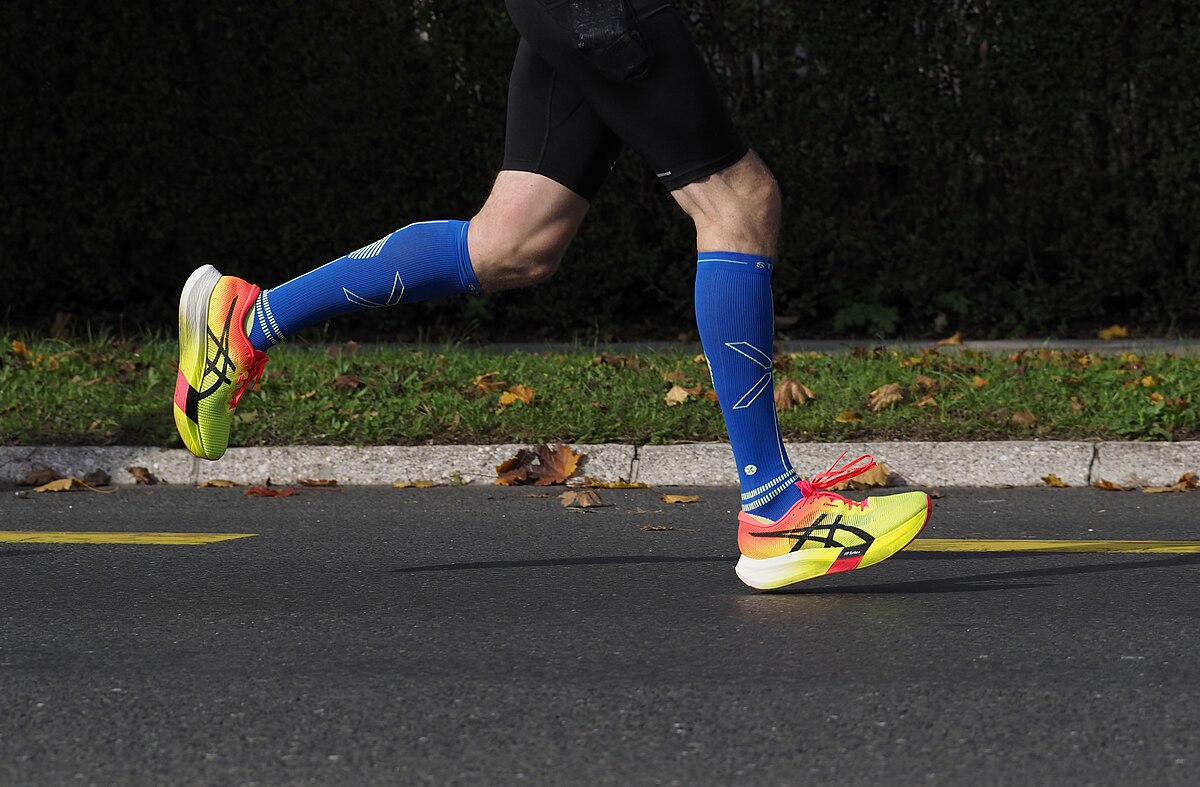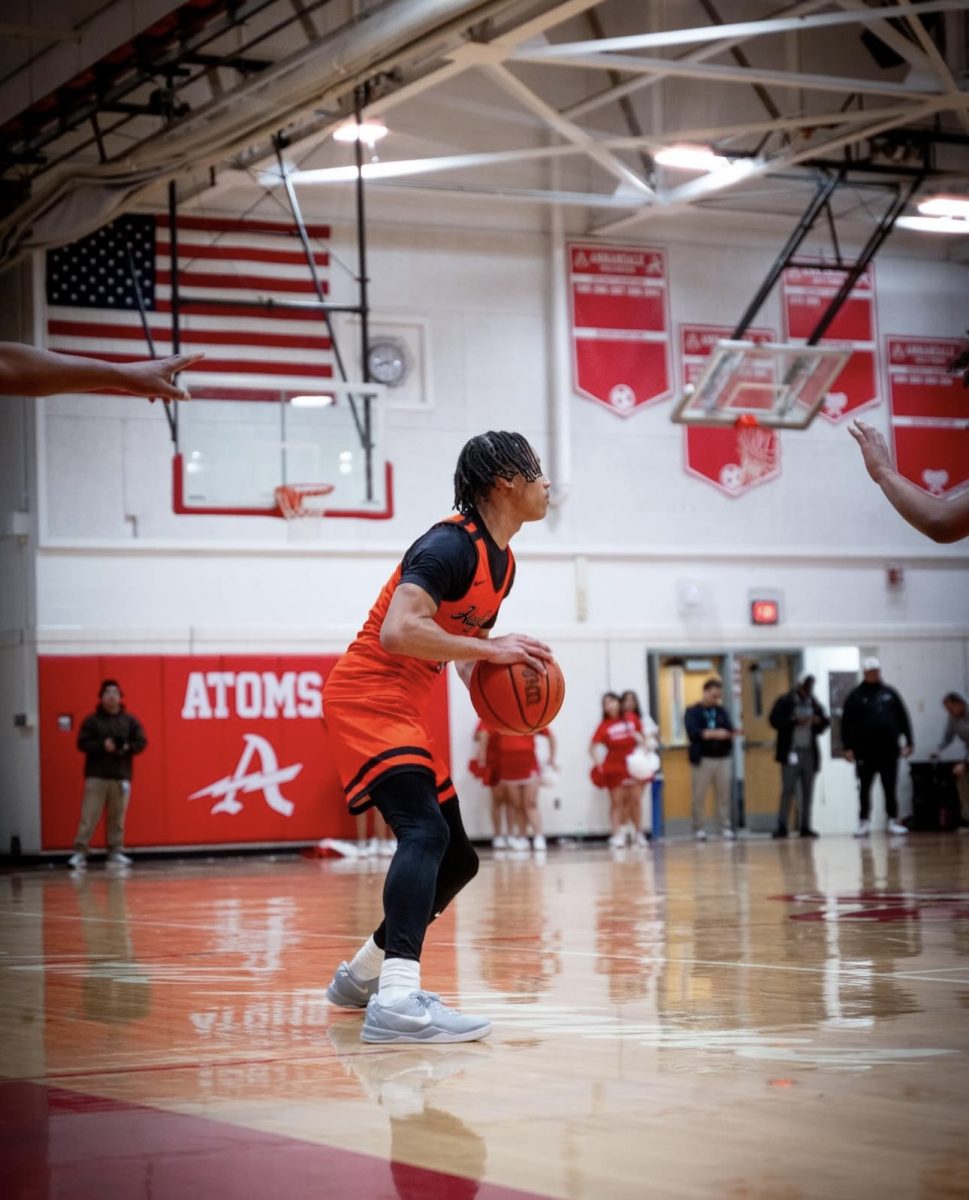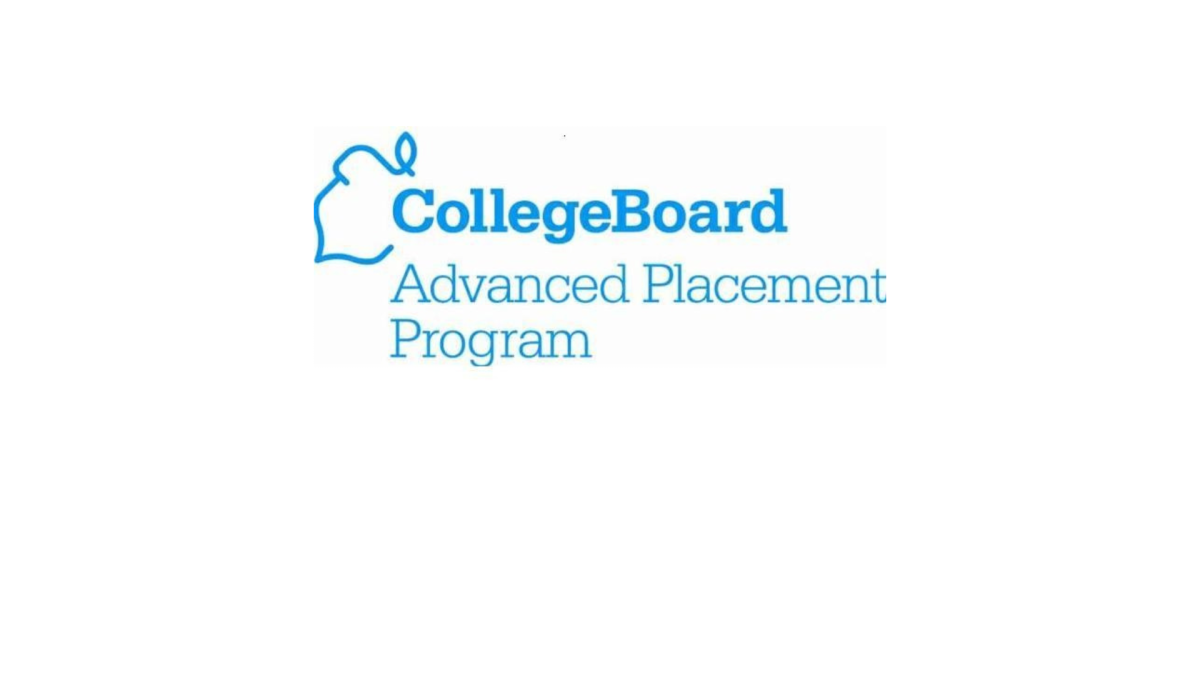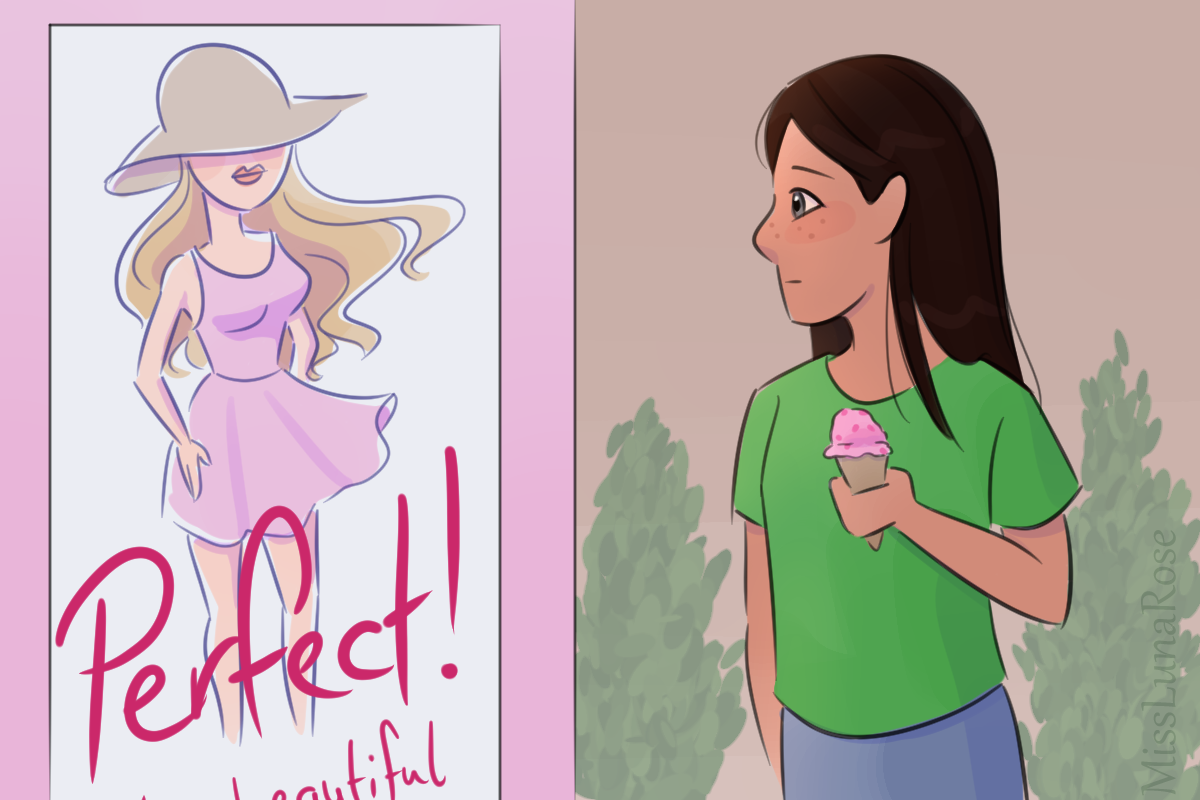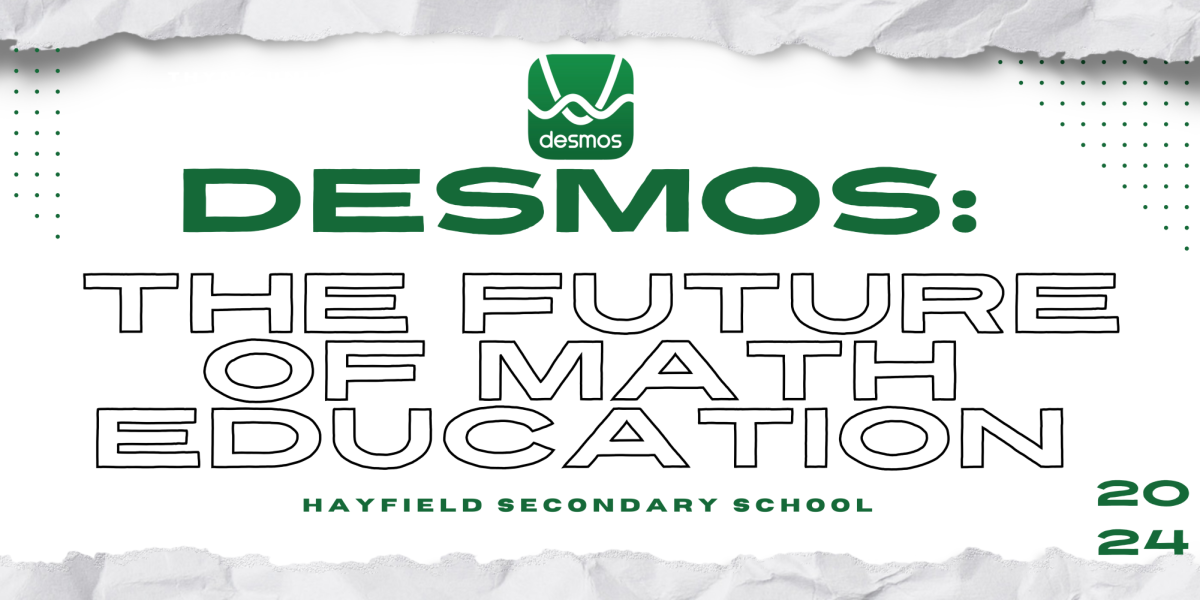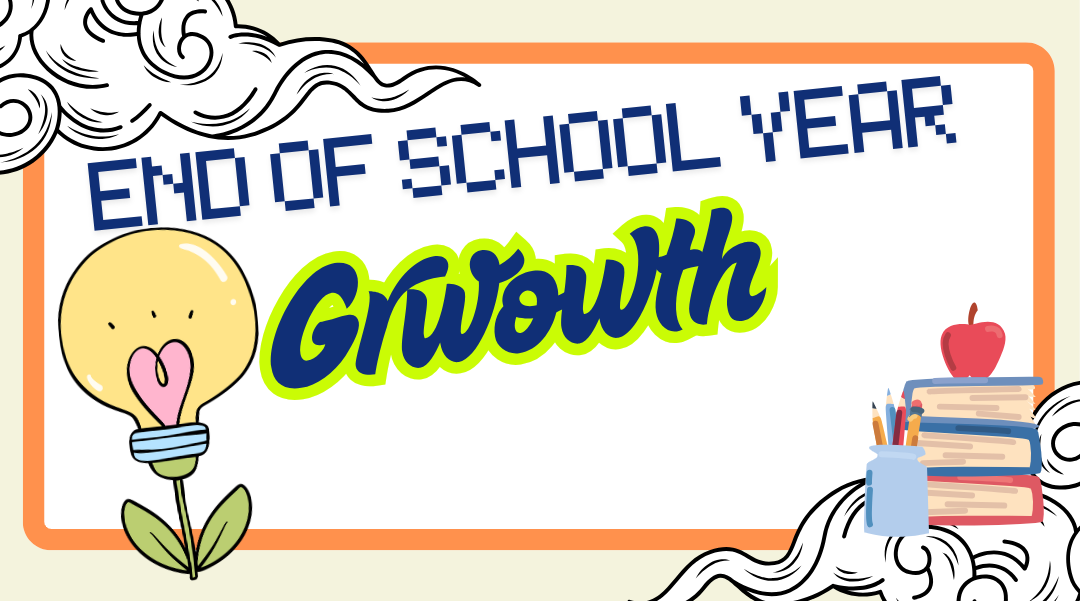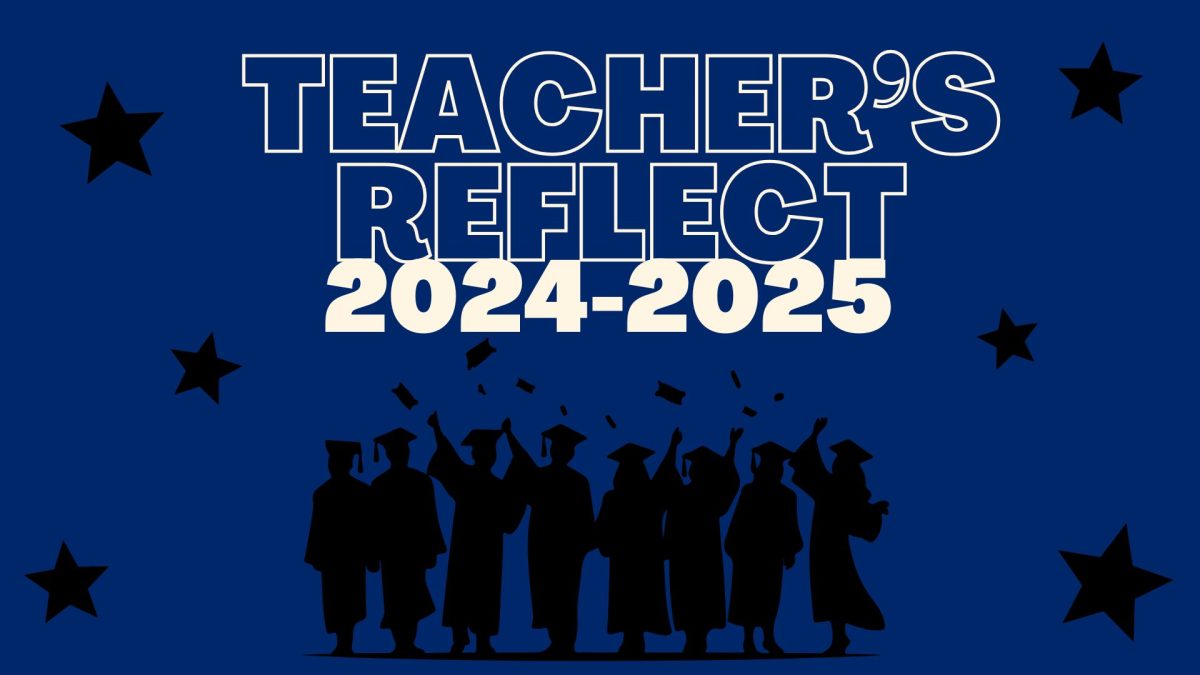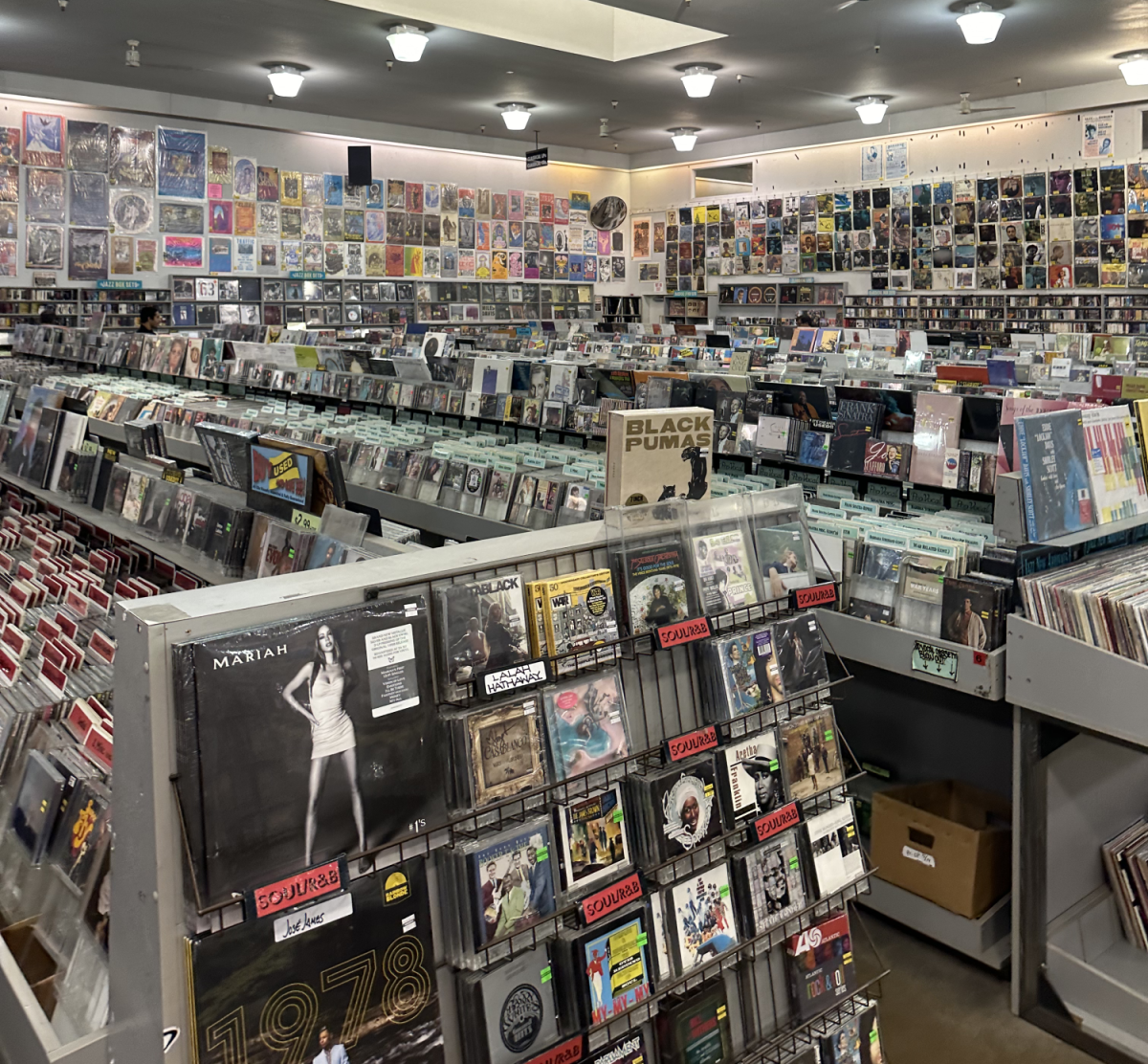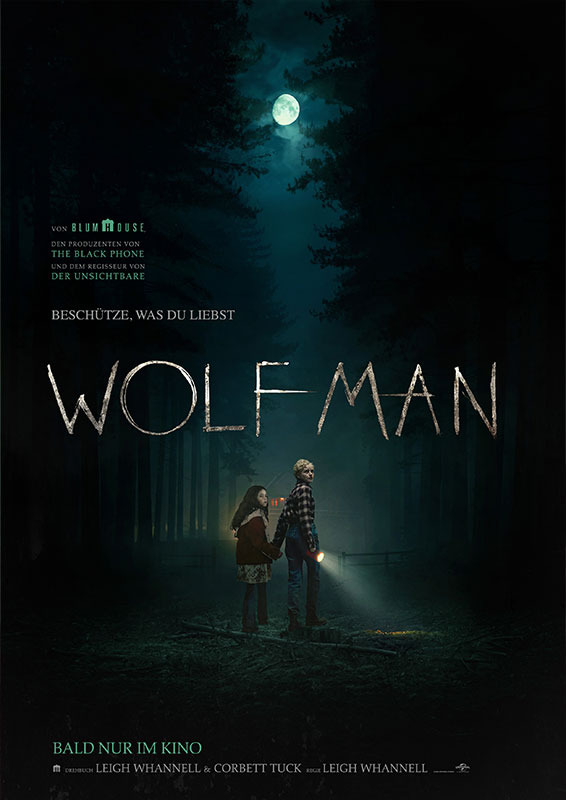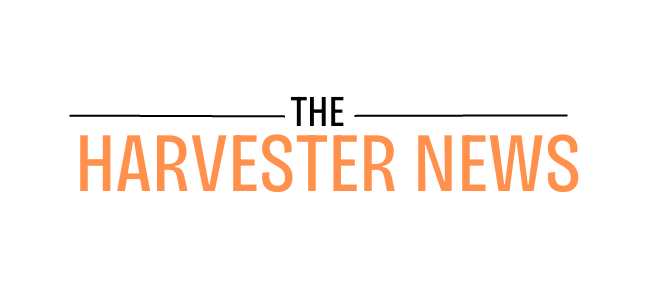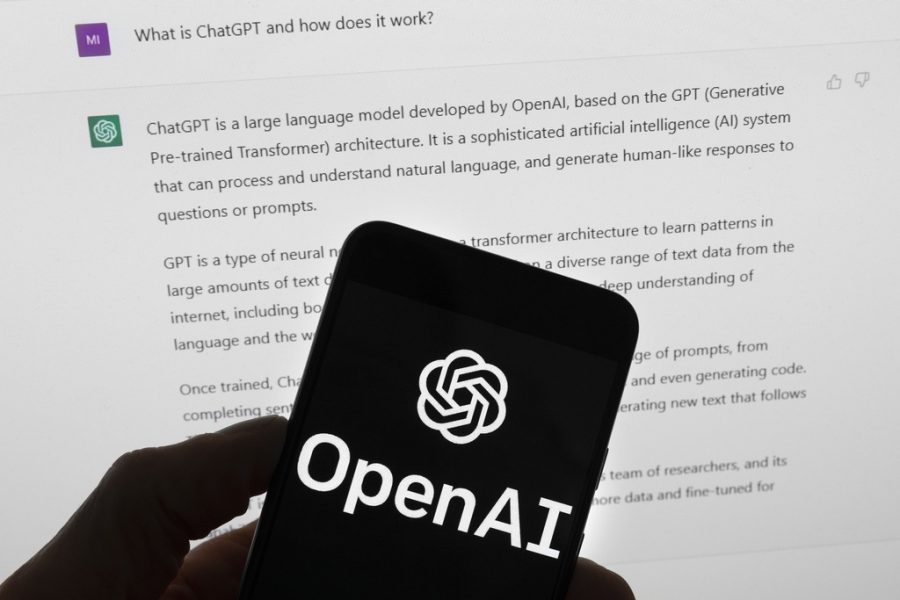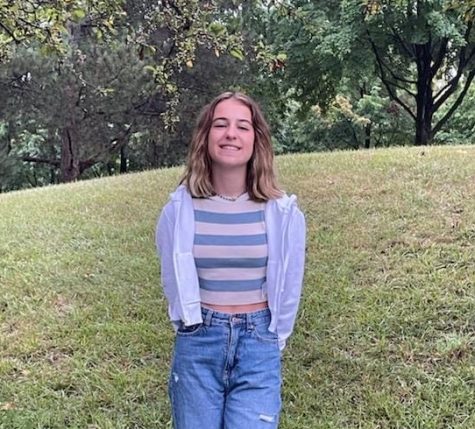Chat GPT Makes Its Way Into Hayfield
The OpenAI logo is seen on a mobile phone in front of a computer screen which displays output from ChatGPT, Tuesday, March 21, 2023, in Boston. (AP Photo/Michael Dwyer)
April 10, 2023
Released in November 2022, ChatGPT has solidified itself as both an asset and liability among the majority of people at school, from students to teachers. The AI (Artificial Intelligence) can build an essay, write a poem, answer questions and do many other things. While most students see the program as useful because it allows for less time to be spent on schoolwork, especially essays and larger writing assignments, teachers see it as another headache, trying to find a way to avoid the technology so students can do their work honestly. The usage of this program has opened doors for conversations to be had about the positives and the negatives, the risks and the dangers, and the overall effectiveness of using AI.
As for the benefits of using the program expressed by users and spectators, Entrepreneur cites that ChatGPT can be used to provide better customer service and allows businesses to communicate worldwide. Speaking about this, a writer from Entrepreneur said “It can be really useful and powerful when used ethically.”
Voices including that of the Cybersecurity firm Darktrace and Elon Musk have used their platforms to join the conversation, though they both criticize the platform for differing reasons. Musk, who co-founded OpenAI, the company that launched ChatGPT, has condemned his company for implanting detectors of hate speech, while Darktrace has warned users about scammers and thieves using AI technology to steal personal information and identities. Darktrace states, “…cybercriminals may be redirecting their focus to crafting more sophisticated social engineering scams that exploit user trust.”
People at Hayfield answered a survey about ChatGPT. Out of 31 interviews, 65% of them knew what it was and only ¼ had ever used it before. 24 students answered they had used it for school purposes, while out of ten teachers interviewed, almost all of them said “yes,” agreeing that it is recognizable and easy to detect when students submit work that isn’t their own. Brittany Eckard, 9th grade English teacher, said, “English and history teachers grade large amounts of writing assignments […], the sheer volume makes it difficult,”
Even though a lot of respondents think that ChatGPT is a very impressive and powerful program, they are worried that it will take over human intelligence. One teacher noted that using the program won’t help students get a better grade, and most students who have used it have received F’s on their assignments.
When asked about personal opinions toward the program, a majority of respondents from the survey said that they have never used it, or don’t know enough about it to form an educated opinion. However, as for the remaining responses, the participants recorded firm stances either “for” or “against” the use of this technology. One response said “I think ChatGPT can be a very useful and helpful tool. I feel it should be utilized instead of shunned in the world of education.” while another said, “ChatGPT can be used for a multitude of creative things, however, its manipulation in the realm of education is outright wrong and should be dealt with consequences when used.”
Other participants expressed their worries as well; “I think […] it is useful for certain situations when used responsibly, but dangerous when used irresponsibly,” Brittany Eckarad, Journalism and High School English teacher said. “What worries me most in terms of classroom usage is that it will lead to less critical thinking. Any tool that allows students to mindlessly complete assignments without having to actually think is a detriment to their education. School is for learning how to think critically, so in this way it is difficult for educators to fight the battle. I’m nervous students will begin to use this and not have to practice critical thinking skills. This worries me for the future. School is the time to practice and learn new skills. If ChatGPT is used as a model and to help students learn, I’m okay with it – I don’t like the idea of using it to pass off the work,” and “I’ve never used it, especially since you need to create an account and I don’t want to be linked to it. I think it’s scary. An AI can write convincingly, what comes next? It might be helpful in a pinch, but it’s going to be negative to students overall,” were all concerns expressed when surveying people across Hayfield.
